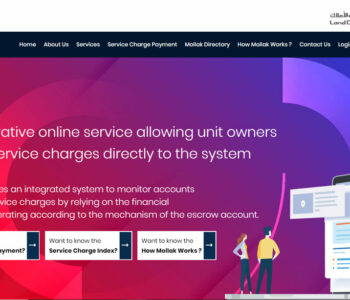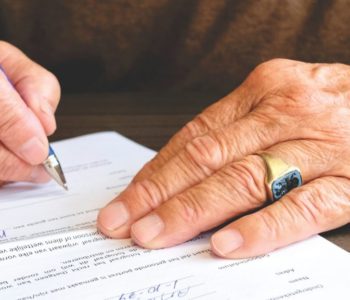
Expats often leave UAE to return to their home country, or to move to greener pastures. What should they do about their unsettled mortgages?
In the past, many expats left UAE without formally settling their financial obligations, resulting in millions upon millions of losses to the banks. Naturally, this lead to more stringent laws and practices coming into force. One such practice, is that when the employer releases the last salary and final settlement of the employee, the employer transfers that payment to the bank marking it as ‘final salary’. This means that the bank should check if there are any outstanding loans, and freeze the account to recover the outstanding.
However, in the case of secured loans like mortgage the property still exists as security that the bank can foreclose in case of default, and hence the laws are comparatively relaxed.
We have heard about incidences where people being stopped at the airport and simply prevented from getting on a plane with debt! So, what should one do about the mortgage if they are moving out of UAE and returning to their home country, or moving elsewhere?
First off, can a person leave the UAE with a mortgage?
According to this Mortgage Finder post you can, depending on what terms and conditions of mortgage did you sign, so it would be highly advisable to, first, check those documents, and secondly to get some professional help.
Can my mortgage be converted to a non-resident mortgage?
Speak to your bank well before the need and situation arises so that you are better prepared. Some lenders might adjust the paperwork while others may also revisit the terms including the interest rates.
Can my bank account convert to non-resident account?
According to the post, you might have to continue your bank account in UAE in to continue to make payments on your mortgage but after converting to a non-resident account. Of course, any unsecured credit facilities on that account will discontinue. If your mortgage and bank account are in two different banks, then you should speak to both the bank.
And now the proverbial million-dollar question: What should I tell the bank?
A bank’s primary concern in the case of a secured loan is whether you will be able to continue timely mortgage repayments. If your plan can sufficiently demonstrate that, then it should be easy in all likelihood.
In the case of rental property if the current rent can cover the repayment, any applicable service charges, as well as cover for the vacant periods then that should sound like a plan.
If rental income is insufficient or not the plan, then you need to explain your income sources through which you will be covering the repayments that you will transfer from abroad.
What happens if the bank asks me to settle the mortgage before I can leave the country?
Although this is not usual, but if the bank does ask, then it can result in a 3% early settlement penalty on the balance amount, and the possible outcomes are:
- Paying off the loan from whatever sources you may have.
- Disposing off the asset by selling it, and using the proceeds to settle the outstanding amount, or
- Finding a 3rd party lender who will refinance it by providing you a non-resident mortgage.
All in all, its best to be well prepared in advance by reading your contractual documents closing, and even asking these questions at the very start when you are still shopping around for the mortgage in the first place.






















Comments are closed.